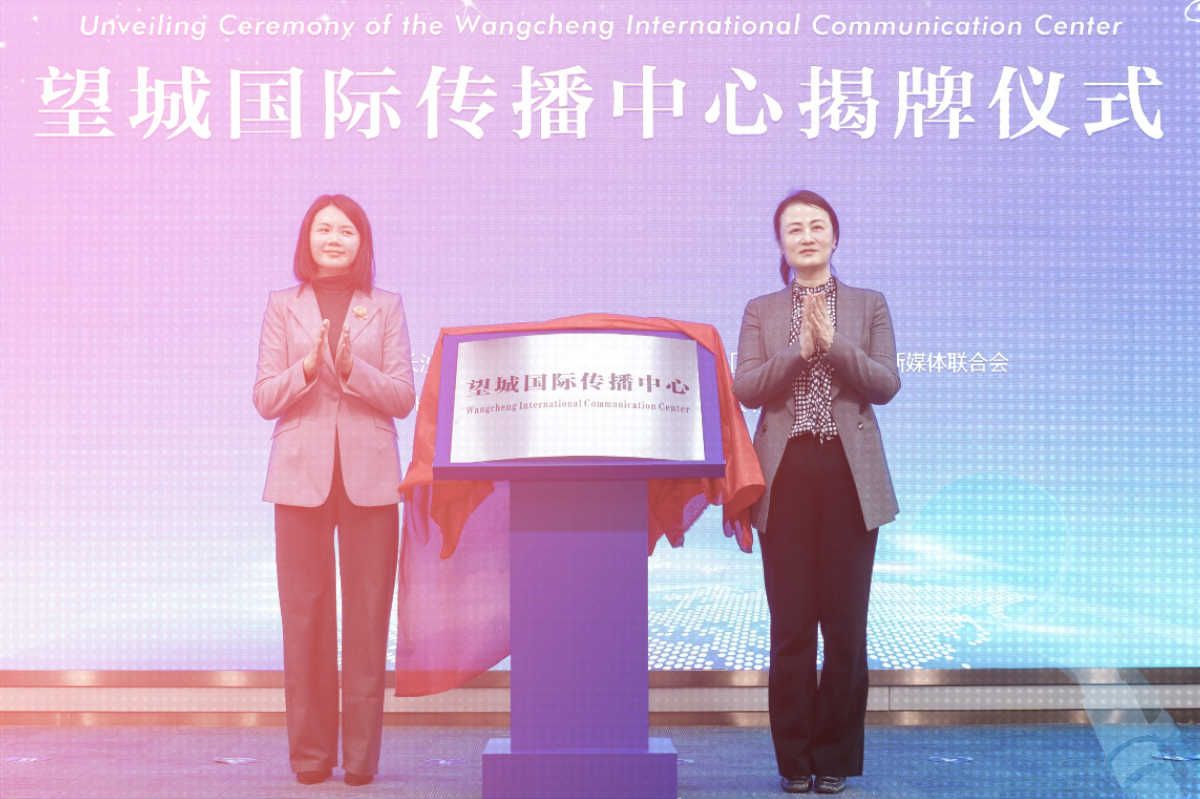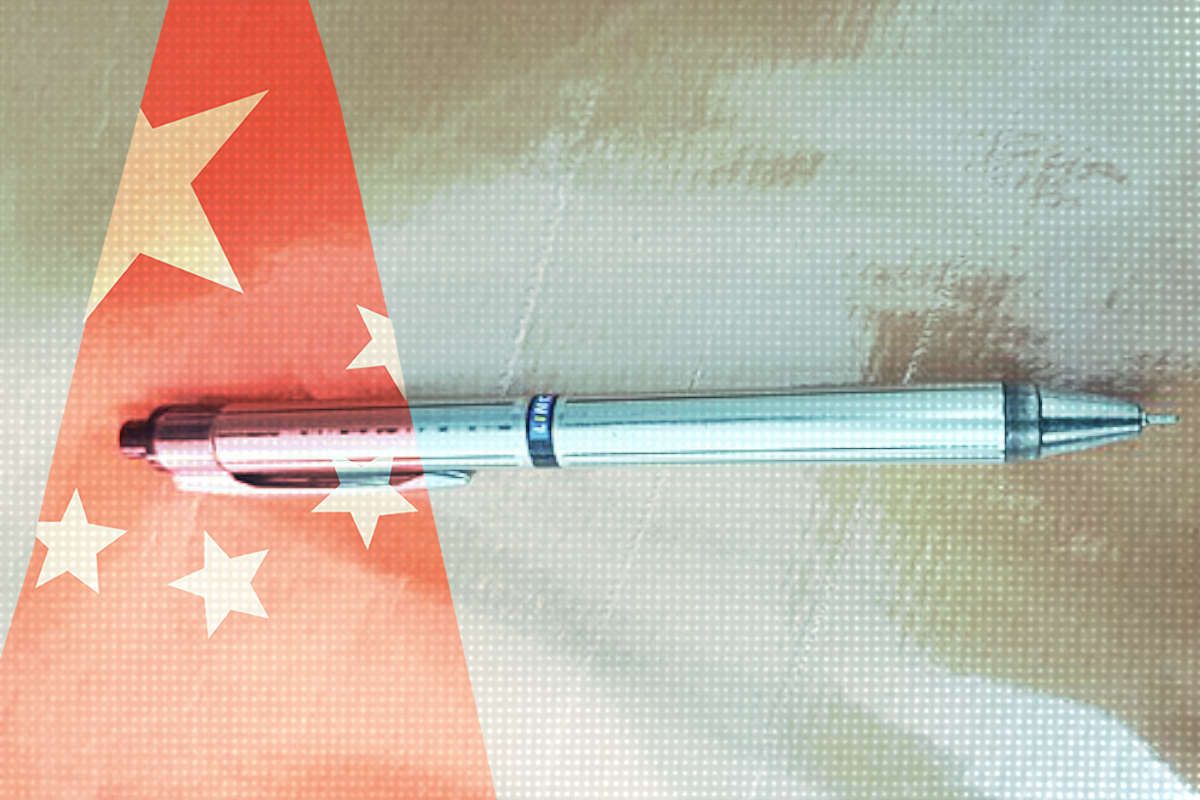Headlines and Hashtags
Global Times comments on Mallet case
As the news broke last Friday about Hong Kong’s rejection of a visa for Victor Mallet, the Asia news editor of the Financial Times, a case that could have serious implications for freedom of speech and academic freedom in the special administrative region, we wrote that China was likely to respond first through more peripheral media like the Global Times.
Today we do have a response from the Global Times in the form of a commentary in both Chinese and English. The headline given to the English-language version of the commentary is: “Hong Kong has no less speech freedom without Mallet.” The Chinese-language edition is rendered somewhat differently, with a headline that might more properly translate: “Minus one British journalist, and Hong Kong will ‘mainlandize?’“
The commentary seeks to minimize the impact of the Mallet case, mocking the idea that it might have “a chilling effect on freedom of speech.” The basis of the argument is the idea that the visa refusal has nothing whatsoever to do with Mallet actual work as a journalist, and so cannot have any bearing on freedom of speech. Instead, the case — assuming it does relate to the FCC event in July — is a response to “political provocation that goes far beyond the scope of freedom of speech.”
This is a line we can expect to continue to see from the Chinese authorities, that freedom of speech is not absolute, that there are bottom lines, that the FCC crossed these bottom lines, committing an act fundamentally in violation of the Basic Law, etcetera.
The commentary goes on to dispute accusations that the Mallet case suggests Hong Kong has undergone a process of mainlandization:
Accusing Hong Kong of mainlandization, which is nonsensical, is a way of fighting for some Western forces and Hong Kong extremists. The Western media have hardly criticized the US order that requires Chinese news organizations to register as foreign agents. This will hinder their professional work in the country. But the Western media think a visa renewal rejection for a UK editor symbolizes Hong Kong being under more pressure from the mainland. Western media are indeed sophisticated in applying double standards.
According to the Global Times piece, Hong Kong people have “ample channels to voice their views,” and this will not be affected because of Mallet’s departure. “Hong Kong won’t have any less freedom of speech,” the article said. “By contrast, Mallet’s action damaged China’s national security and undermined freedom of expression.”
We also said Friday that China’s government was likely to comment on the refusal of Mallet’s visa as an exercise of Hong Kong autonomy, downplaying its role. In a statement yesterday, a spokesperson at China’s foreign ministry in Hong Kong said: “The Central Government firmly supports the SAR (Hong Kong) Government in handling the related matters in accordance with law.”





















